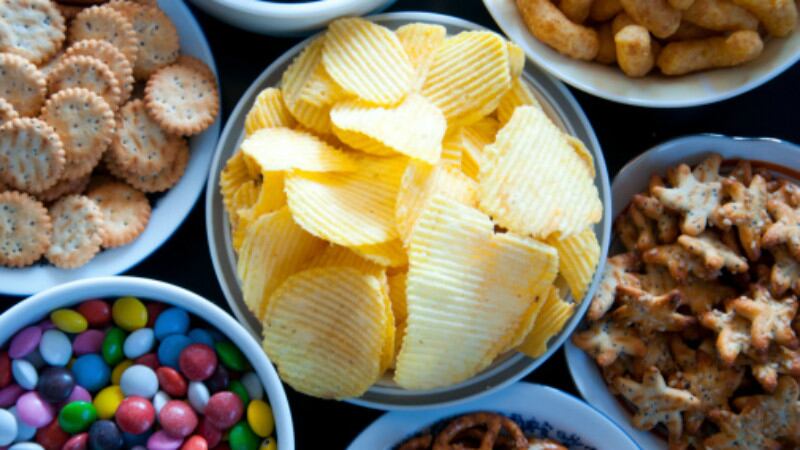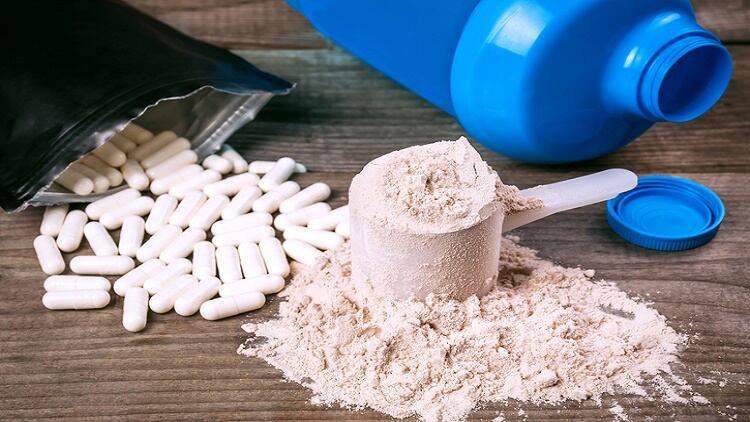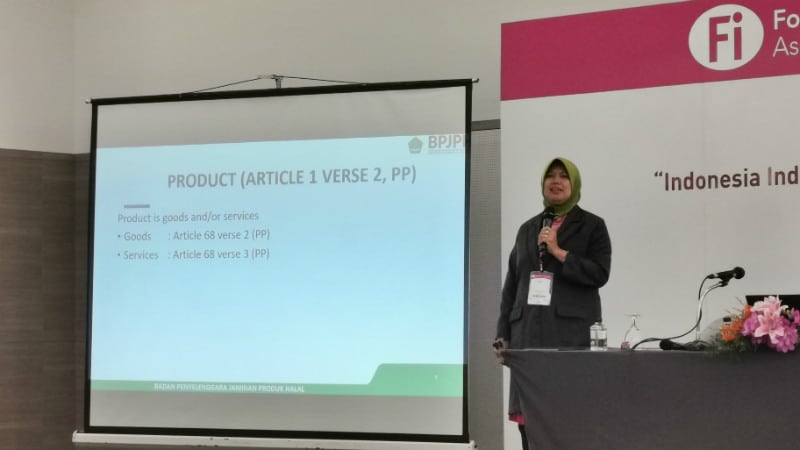Four years in the making: Will FSSAI’s ban on ‘junk food’ activities near schools prevail?
The Food Safety and Standards Authority of India (FSSAI) has proposed a set of legislations four years in the making, which would see F&B manufacturers banned from selling or promoting foods high in fat, salt or sugar (HFSS) in or around school premises.
The draft regulations include ten main topics of discussion, but the main aspect pertaining to F&B firms falls under the ‘Food marketing and advertisement’ section, which if passed would effectively restrict the sales or promotion of most currently-available snack foods, which are classified as HFSS.
“[Food firms] manufacturing HFSS food products shall not advertise or offer for free sale of such foods to children in school premises or within 50 meters of the School campus,” said FSSAI CEO Pawan Agarwal in a formal statement.
“When marketing foods to children, [food firms are expected to] develop new products that help children eat healthy, especially with regard to nutrient density, energy density, and portion size; [and] reformulate products to improve their nutritional quality.”
Other requirements for these firms to be allowed to attempt any sort of sales or marketing of their products to schoolchildren include depicting and packaging foods in ‘reasonable portion sizes’ and ‘not encourage overeating’, as well as only offer premiums, incentives and sponsorships for non-HFSS foods.
One year on: Morocco still debating introducing sugar tax on soft drinks
The Moroccan Parliament is reviewing its 2020 finance bill including introducing a tax on beverages sweetened with sugar, after cancelling last year’s proposed tax due to pressure from manufacturers.
The budget was presented by the Minister of Economy, Finance and Administration Reform early November, where the internal consumption tax (ICT) was featured in article five of the 2020 finance bill.
A VAT of MAD 10 to 15 (US$1-1.55) per 100L will be taxed on sodas and non-carbonated drinks containing 10% fruit juice, as well as lemonade containing more than 6% lemon juice.
For beverages containing 5g of sugar or less per 100ml, the VAT would be MAD 30 (US$3) per 100L. For beverages containing 5 to 10g per 100ml, they would garner a tax of MAD 37.50 (US$3.88) per 100L. Drinks with sugar above 10g per 100mL would receive a tax of MAD 45 (US$4.66) per 100L.
Digital dairy: Australia pilots new regulatory system to slash paperwork and boost safety
Australia is piloting a new A$500,000 (US$344,000) digital regulatory system for dairy in the state of Victoria, which aims to streamline audit processes and reduce the burden of administrative paperwork, in addition to closely monitoring food safety in dairy.
According to data from the Ministry of Agriculture, Victoria is Australia’s largest dairy exporter, producing 79% of the country’s total dairy exports. The state’s dairy industry as a whole is worth A$1.9bn (US$1.31bn).
The system is dubbed Dairy RegTech2022, and is run by government regulatory body Dairy Food Safety Victoria. It is modelled on the use of digital data collection and analytics to monitor business performance in terms of safety and adherence to dairy regulatory global best practices.
“Dairy RegTech 2022 integrates performance data (indicators of process and product related risk) and measures of behaviour (food safety culture i.e. behavioural driven risks) to verify [regulatory] food safety compliance across the entire dairy supply chain, rather than solely focusing on audits,” said Dairy Food Safety Victoria via its website.
“[It uses] data already collected by industry, [and our existing] knowledge base gained through auditing, and [extends the processes] to capture data and do analysis. Digital technology [is also used] to streamline information collection and reporting.”
‘Under one umbrella’: New Singapore food institute to deliver unified approach to product innovation and market entry
Singapore’s major food research entities will be consolidated under a new institute by the second quarter of 2020, enabling F&B firms large and small to access a ‘one-stop shop’ of research and information pertaining to food safety, regulations and innovation.
The institute, dubbed the Singapore Institute of Food and Biotechnology Innovation (SIFBI) is fronted by the Agency for Science, Technology and Research (A*STAR), but major participating organisations include food science and technology programmes from the National University of Singapore (NUS), Nanyang Technological University (NTU), various labs, polytechnics and industry bodies in the country, as well as newly-established regulatory body Singapore Food Agency (SFA).
The institute’s overarching goals include addressing local food security and food waste issues, but working with F&B companies will also be a major area of focus, and both smaller companies as well as MNCs in the F&B industry will benefit from this, according to A*STAR Biomedical Research Council Senior Director Dr Ralph Graichen.
“As much time and attention will be spent with start-ups as with MNCs [in looking at product development and innovation] with SIFBI,” he said during a media briefing, in response to queries from FoodNavigator-Asia.
“The focus is on the Asian consumer – Asia is an important area where companies still see growth in the food industry, and they cannot just bring products over directly from Europe and sell them here.
Origin protection: Alcohol and tea biggest beneficiaries of China-EU agreement to prevent GI-protected food counterfeits
China’s recent signing of a landmark agreement with the European Union (EU) committing to the protection of 100 EU and 100 Chinese products protected under the Geographical Indication (GI) system will see maximum benefits for EU alcohol and Chinese teas.
GIs are used to identify products as originating in a particular geographical location, where characteristics such as quality, reputation or unique ingredients are linked to this location.
The China-EU Geographical Indications Agreement signed between China and the EU is the first comprehensive bi-lateral one of its kind for the former, and has been hailed as being of ‘milestone significance’ for deepening economic and trade co-operation between the two powers.
“The China-EU Geographical Indications Agreement negotiations began in 2011 and lasted for eight years. There are 14 articles in the agreement, which set a high level of protection rules for geographical indications,” China Ministry of Commerce spokesperson Gao Feng said in a ministry press conference.
“[GI-protected] Chinese products include ‘Anji White Tea’, ‘Hainan Navel Orange and ‘Helanshan Dong Lu wine’, whereas EU products include ‘Parma ham’ and ‘Irish whiskey’.





